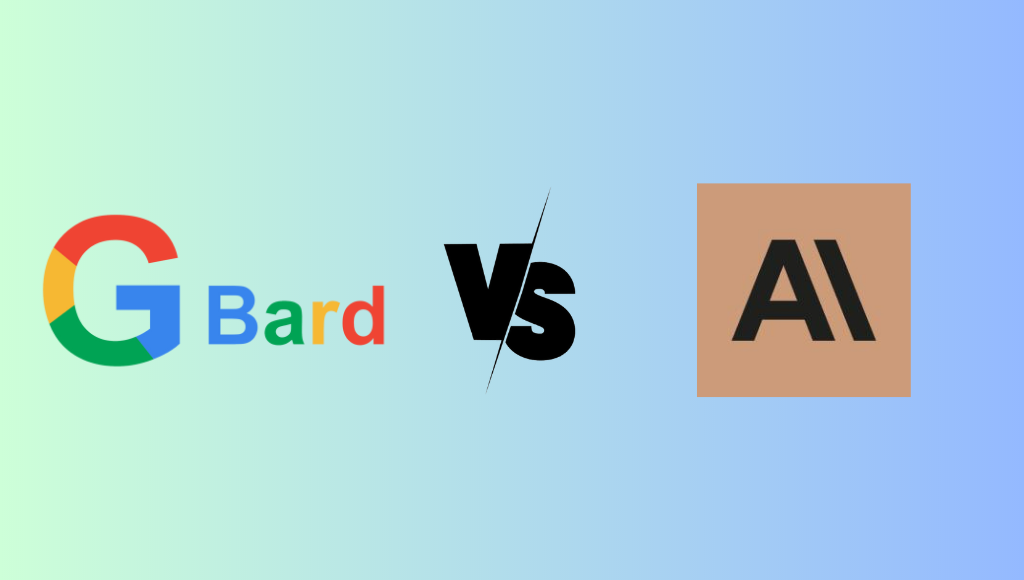When OpenAI’s ChatGPT was launched with support from Microsoft in February, it shed light on the transformative capabilities of today’s AI tools, impacting various industries and daily life itself. Concepts like large language models (LLMs) and natural language processing have become part of mainstream discussions, while Microsoft’s Bing has seen a notable rise in its search prominence. However, along with this spotlight comes increased scrutiny, as regulators worldwide are taking notice of AI’s potential risks to user privacy. The Future of Life Institute, backed by Elon Musk, gathered 1,000 signatures from tech leaders requesting a temporary halt on training AI tools more advanced than GPT-4, the engine behind ChatGPT.
Ethical Questions and Privacy Protection:
While legal and engineering concerns are complex, the fundamental ethical questions are easily understandable. Should developers take a break from advancing AI to ensure that it adheres to ethical guidelines and safeguards user privacy? Furthermore, can we address the potentially disruptive effects of AI on advertising expenditure and media monetization?
The Landscape of AI Players
Google, IBM, Amazon, Baidu, Tencent, and other major players, including Google’s own AI initiatives, are actively developing or have already launched similar AI tools. In this emerging market, it is challenging to predict which products will dominate and what the outcomes will look like. This underscores the urgency of proactively safeguarding privacy in AI tools, planning for the unknown before it becomes reality.
Examining AI Implementation in Digital Advertising:
As the digital advertising industry eagerly explores AI applications for targeting, measurement, creative personalization, optimization, and more, industry leaders must closely examine how this technology is implemented. Key considerations include the use of personally identifiable information (PII), the potential for unintentional or intentional bias and discrimination against underrepresented groups, the sharing of data through third-party integrations, and adherence to global regulatory compliance.
Search vs. AI: The great spend re-allocation?
As far as ad budgets are concerned, it’s easy to imagine how a “search vs. AI” face-off might look. It’s very convenient to have all of the information you’re seeking collected in one place via AI rather than rephrasing search queries and clicking through links to zero in on what you’re really looking for. If we see a generational shift in how users discover information, that is, if young people accept AI as a central part of the digital experience going forward, non-AI search engines are threatened with vanishing relevance. This could have a great impact on the value of search inventory and the ability of publishers to monetize traffic from search.
Search remains the driver of a significant share of traffic to publisher sites, even with the ongoing movement of publishers to foster audience loyalty through subscriptions. And now that advertising is making its way into AI chat — Microsoft, for example, has been testing the placement of ads in Bing chat — publishers are questioning how AI providers may share revenue with the sites from which their tools source information. It’s safe to say publishers will be looking at another set of data black boxes from walled gardens on which they rely for revenue. In order to thrive in this uncertain future, publishers need to lead conversations to make sure stakeholders across the industry understand what we’re rushing into.
Develop processes with privacy in mind
Industry leaders need to keep their eye on the ball regarding how they and their tech partners collect, analyze, store and share data for AI applications in all of their processes. The process of gaining explicit user consent for collecting their data, and providing clear opt-outs, must happen at the beginning of an interaction with AI chat or search. Leaders should consider implementing consent or opt-in buttons with AI tools that personalize content or advertising. Despite the convenience and sophistication of these AI tools, the cost simply cannot be paid with privacy risks to users. As the industry’s history has shown, we must expect users will become increasingly aware of these privacy risks. Businesses shouldn’t rush the development of consumer-facing AI tools and jeopardize privacy in the process.
At this point, with AI tools from Big Tech businesses generating the most attention, we shouldn’t be lulled into a false sense of security that the effects of this evolution will be Big Tech’s problem. The recent layoffs we’ve seen from major tech businesses are leading to a great dispersal of talent, which will, in turn, lead to AI advancements coming from smaller companies that have made talent grabs. And, for publishers who aren’t looking forward to working with yet another walled garden in order to survive, there’s an additional level beyond the crucial privacy level where their best business interests are at stake. Industry leaders need to treat the rise of AI chat as the pivotal moment it is.






